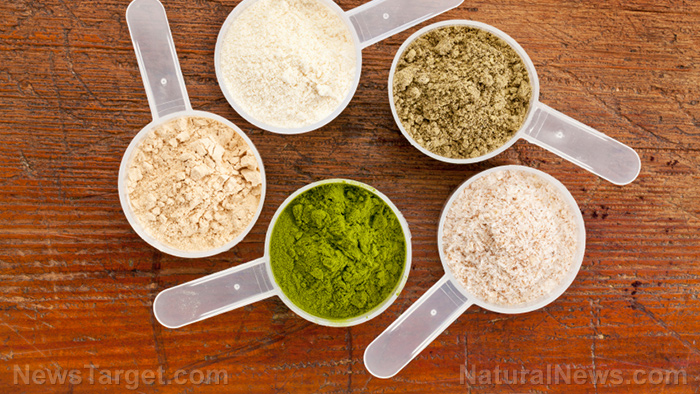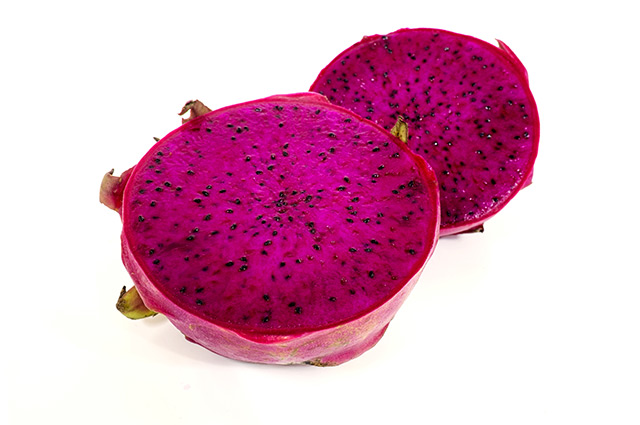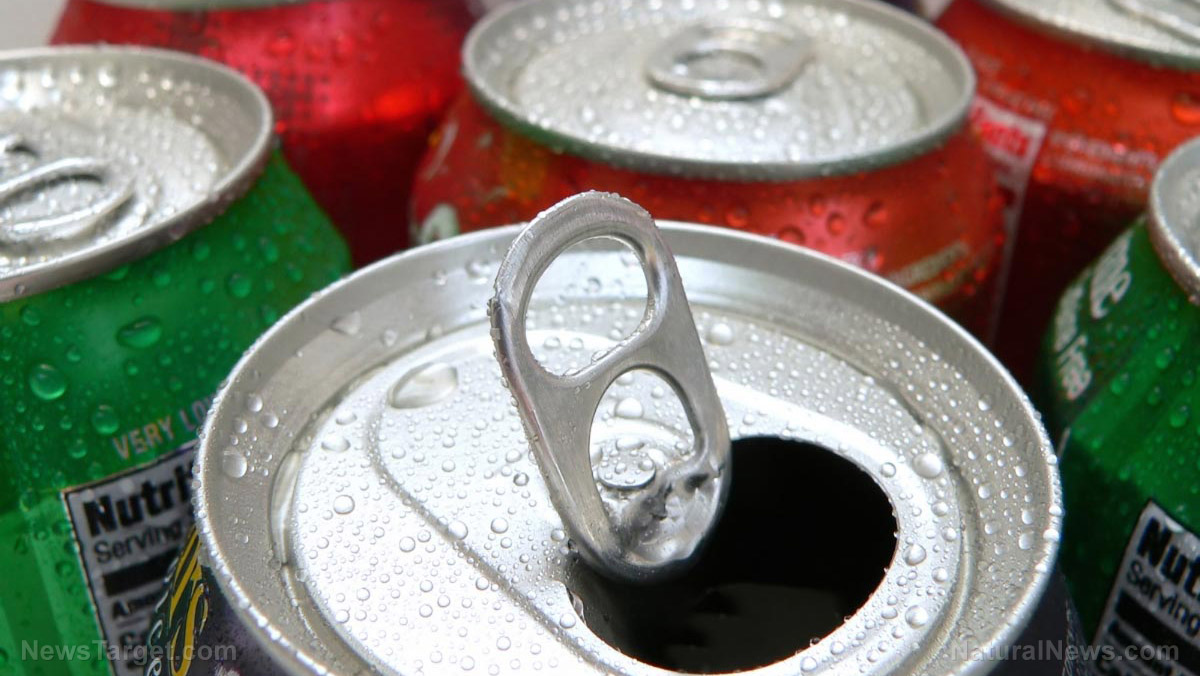Learn from the best: Sports nutrition practices that can give you your BEST health
09/11/2018 / By Rhonda Johansson

Athletes need to be in top physical condition in order to excel in their chosen field. Being fit and strong gives them a competitive advantage and decreases the likelihood of injury as well. This need to improve athletic performance gave birth to a specialized field of study in medicine called sports nutrition. Here, nutritionists work with medical professionals to develop empirically based diet and training programs that provide athletes with the best health they can achieve.
The field is still young, but already it has proven the importance and value of nutrition in building a better immune system and improving athletic performance. The convergence of evidence suggest that there is a direct correlation between a person’s diet (and corresponding supplements) and how well and far they can push their bodies.
These results are not limited to athletes. Indeed, more nutritionists are recommending the average person to take their findings into consideration. The goal may not be to develop a body similar to an athlete’s, but becoming more health-conscious can offer a lot of benefits.
Let us take a look at a recent nutritional review published in the journal Sports Medicine. The paper talked about the various nutritional and environmental influences on athlete performance.
For the purposes of brevity, here is a summary of the key points:
- The need for vitamin D – Several theories have been made on the importance of vitamin D in bone and skeletal health. Emerging research has stated that higher levels of vitamin D reduce the amount of inflammation felt by athletes after a performance, reducing recovery time and lessening muscle and joint pain. That said, scientists still are wary about the correlation between vitamin D and athletic performance as current blood testing for the vitamin varies as a function of ethnicity.
- Drinking cold water during exercise – Endurance exercises force the body to heat up. Initial assumptions would be to cool down the system by drinking lots of cold water or iced beverages. However, doing so prompts a compensatory decrease in sweating. This negates any cooling advantage. Instead, scientists suggest planning a drinking schedule during high-intensity training rather than just “drinking out of thirst.”
- Eating the right food – To minimize injury and hasten muscle recovery, it is essential that athletes eat the right food. This includes consuming more unrefined grains and complex carbohydrates. Athletes are also recommended to take in more unsaturated fats and load up on good protein sources.
- Using coffee – Taken in moderate doses, caffeine can improve the performance of athletes of all levels. Caffeine can be taken in various ways, from chewing gums to lozenges to an actual hot cup of coffee. It must be noted that caffeine from energy drinks was seen to have the opposite effect. While it did give athletes an immediate boost, the excess amount of sugar and other heart-stimulating compounds found in these types beverages affected long-term health.
- The impact of environmental factors – Athletes need to properly warm up, wear appropriate clothing, and stay properly hydrated throughout their whole training period. They should not exercise in extremely hot or cold areas, or in places that are polluted. Athletes with allergies or other respiratory issues should pay particular attention to high pollen counts and poor air quality.
It is apparent that achieving optimum health requires a basic knowledge of nutrition and other environmental influences. By having a basic knowledge of the best practices of athletes, it is completely possible to achieve a stronger and healthier body.
Sources include:
Tagged Under: athletic performance, exercise, fitness, good diets, healthy diets, healthy living, men's health, nutrition, nutrition science, slender, sports medicine, sports nutrition, sports science, vitamin D, weight loss, women's health



















